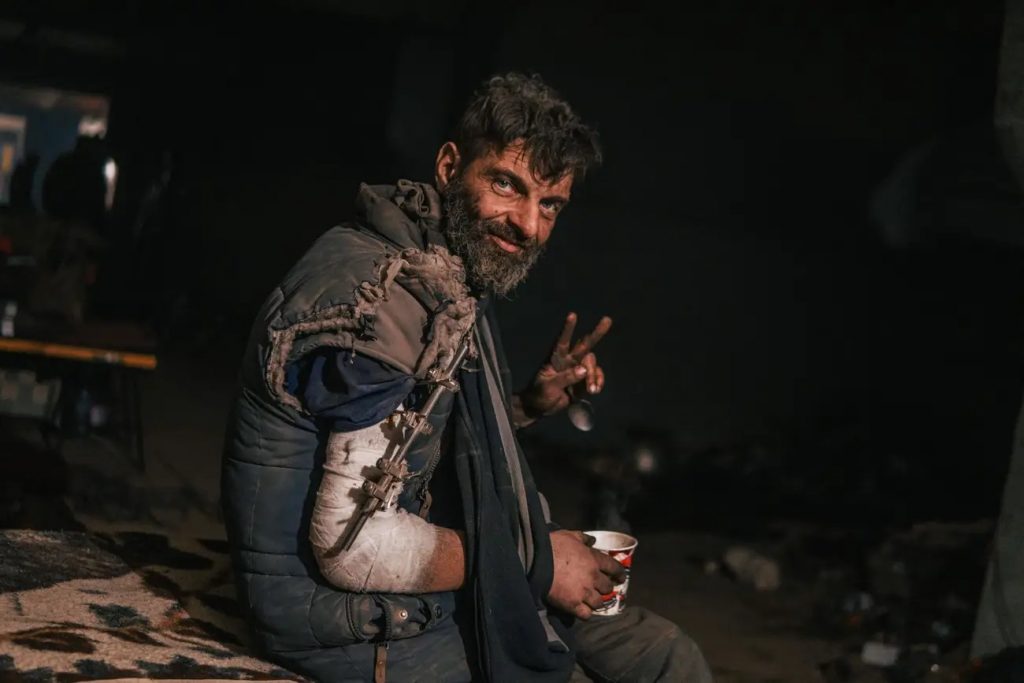The Defenders of Mariupol

Branding the Azov Battalion as 'neo-Nazi' long after it shed its far-right origins is part of a deafening corruption of public discourse.
May 17, 2022
The Ukrainian port town of Mariupol is the hometown of the Azov Battalion, a special operations detachment of the Ukrainian National Guard with a past neo-Nazi association—which is one self-evident reason the Russian high command chose the city to serve as an example for Vladimir Putin's "denazification" campaign. In the last few months, the siege of Mariupol has witnessed the most thorough destruction of a European city since the bombing of Dresden. In the process of committing numerous war crimes (and likely crimes against humanity), the Russian army leveled the city's housing stock to the ground. The fighting reportedly killed tens of thousands of civilians, and most of the city's nearly half million residents have fled, even as tens of thousands more remain trapped in basements and bunkers under ruins without access to medicine, water, electricity, or basic health care. These include the parents of several of my friends and acquaintances—incidentally ethnic Jewish and Armenian citizens of Ukraine. One, the Lithuanian filmmaker Mantas Kvedaravičius, was killed in Mariupol as he was filming the war.
Read more @Tablet



















